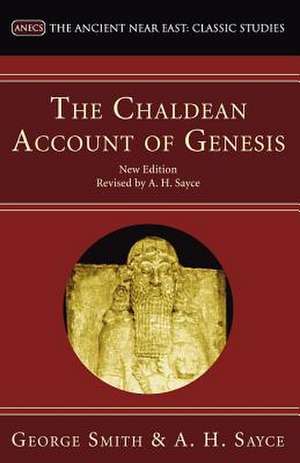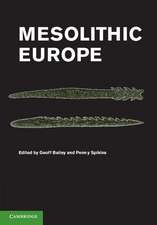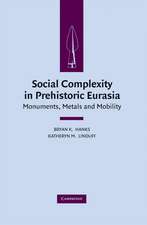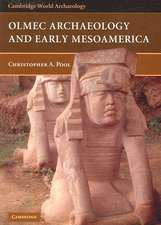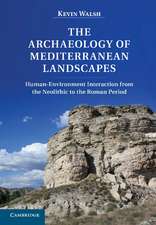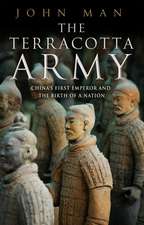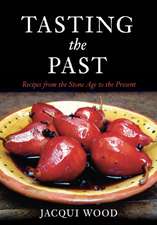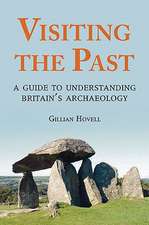The Chaldean Account of Genesis
Autor George Smithen Limba Engleză Paperback
| Toate formatele și edițiile | Preț | Express |
|---|---|---|
| Paperback (4) | 91.06 lei 6-8 săpt. | |
| Lulu.Com – 27 aug 2018 | 91.06 lei 6-8 săpt. | |
| LIGHTNING SOURCE INC – 16 mai 2018 | 97.55 lei 17-24 zile | |
| LIGHTNING SOURCE INC – 16 mai 2018 | 143.45 lei 17-24 zile | |
| Cambridge University Press – 31 dec 2014 | 361.85 lei 6-8 săpt. | |
| Hardback (1) | 179.78 lei 6-8 săpt. | |
| Lulu.Com – 28 aug 2018 | 179.78 lei 6-8 săpt. |
Preț: 279.80 lei
Nou
53.54€ • 55.90$ • 44.31£
Carte indisponibilă temporar
Specificații
ISBN-10: 1592449670
Pagini: 362
Dimensiuni: 144 x 215 x 20 mm
Greutate: 0.45 kg
Editura: Wipf and Stock Publishers
Notă biografică
Cuprins
Preface; 1. The discovery of the Genesis legends; 2. Babylonian and Assyrian literature; 3. Chaldean legends transmitted through Berosus and other ancient authors; 4. Babylonian mythology; 5. Babylonian legend of the creation; 6. Other Babylonian accounts of the creation; 7. The sign of the god Zu; 8. The exploits of Dibbara; 9. Babylonian fables; 10. Fragments of miscellaneous texts; 11. The Izdubar legends; 12. Meeting of Hea-Bani and Izdubar; 13. Destruction of the tyrant Khumbaba; 14. The adventures of Istar; 15. Illness and wanderings of Izdubar; 16. The story of the flood and conclusion; 17. Conclusion; Index.
Descriere
The Assyriologist George Smith (1840–76) was trained originally as an engraver, but was enthralled by the discoveries of Layard and Rawlinson. He taught himself cuneiform script, and joined the British Museum as a 'repairer' or matcher of broken cuneiform tablets. Promotion followed, and after one of Smith's most significant discoveries among the material sent to the Museum - a Babylonian story of a great flood - he was sent to the Middle East, where he found more inscriptions which contained other parts of the epic tale of Gilgamesh. In 1876, shortly before his early death, Smith published this work, which drew extraordinary parallels between much earlier cuneiform documents and the biblical book of Genesis. The book was both controversial and very successful. The second edition, reissued here, was published in 1880, with corrections and additional material provided by Archibald Sayce (1846–1933), which reflected recent advances in Middle Eastern studies.
